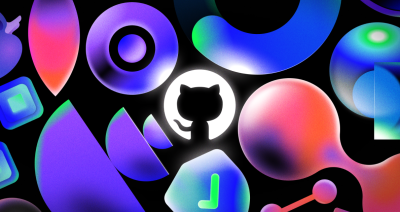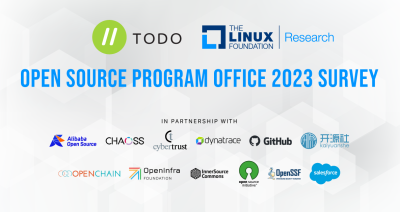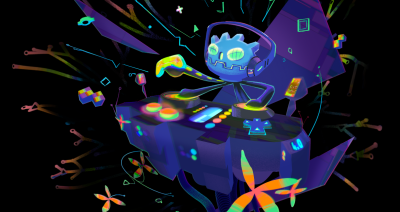The GitHub Data Challenge II
There are millions of projects on GitHub. Every day, people from around the world are working to make these projects better. Opening issues, pushing code, submitting Pull Requests, discussing project…
There are millions of projects on GitHub. Every day, people from around the world are working to make these projects better. Opening issues, pushing code, submitting Pull Requests, discussing project details — GitHub activity is a papertrail of progress. Have you ever wondered what all that data looks like? There are millions of stories to tell; you just have to look.
Last year we held our first data challenge.
We saw incredible visualizations, interesting timelines and compelling analysis.
What stories will be told this year? It’s up to you!
To Enter
Send a link to a GitHub repository or gist with your graph(s) along with a description to data@github.com before midnight, May 8th, 2013 PST.
Data access
The GitHub public timeline is a featured public dataset available on Google BigQuery. The “timeline” table has over a year’s worth of public activity and is approaching 100M rows. You can find even more data available in JSON format on The GitHub Archive project.
You are free to use any tools you like. If you choose to use BigQuery, running queries against the GitHub dataset is free for the first 100GB of query processing. Pricing information for additional query processing is available here. After signing up for BigQuery, add the project name “githubarchive”.
[
Prizes
GitHub staff will be voting on our favorite visualizations and there will be prizes for the top three spots:
- 1st Prize: $200 to the GitHub Shop
- 2nd Prize: $100 to the GitHub Shop
- 3rd Prize: $50 to the GitHub Shop
We will also feature the three winning entries on the GitHub blog. Winners will be announced the week of May 20th.
Analyzing Millions of GitHub Commits
Last year Ilya Grigorik and I spoke at the Strata conference, showcasing some of the interesting analysis and visualizations from the data challenge including which programming language results in most frustration (VimL), amusement (Ruby) and surprise (Perl).
Written by
Related posts

Apply now for GitHub Universe 2023 micro-mentoring
As part of our ongoing commitment to accelerate human progress through Social Impact initiatives, we’re offering students 30-minute, 1:1 micro-mentoring sessions with GitHub employees ahead of Universe.

The 2023 Open Source Program Office (OSPO) Survey is live!
Help quantify the state of enterprise open source by taking the 2023 OSPO survey.

Godot 4.0 Release Party 🎉
We are delighted to host the Godot 4.0 Release Party at GitHub HQ on Wednesday, March 22 from 6:30 pm to 9:30 pm. And you’re invited!